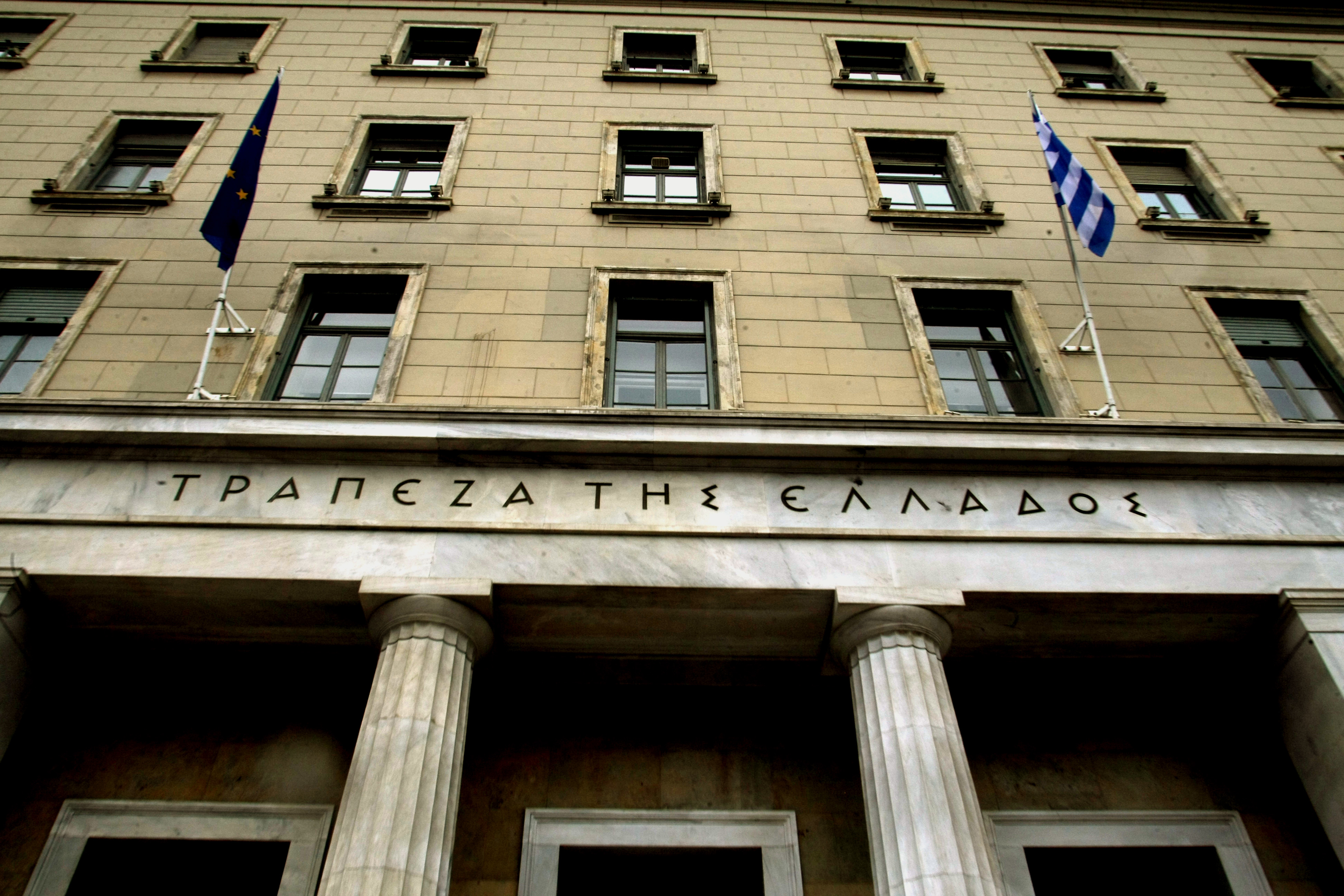The European Central Bank announced that the four systemic banks in Greece will need to raise about 14.4 billion euros for their recapitalization, based on the stress tests that have been carried out.
Of this sum, the 4.4 billion euros will have to be collected from the private sector in order to avoid the prospect of nationalization, based on the legislation that was introduced in Parliament on Friday.
According to the stress tests, the capital needs of the Greek systemic banks are as follows
Bank | Baseline scenario | Adverse scenario |
Alpha Bank | 263 million euros | 2.74 billion euros |
Eurobank | 339 million euros | 2.12 billion euros |
National bank | 1.58 billion euros | 4.6 billion euros |
Piraeus Bank | 2.21 billion euros | 4.93 billion euros |
Each bank will have to cover its baseline scenario needs from the market, with the rest being covered by the Financial Stability Fund, which will receive a combination of contingent convertible bonds (CoCos) and common shares. On Sunday the Government Council of Financial Policy convened and decided on a 25% shares – 75% CoCos ratio.
The management of the four Greek banks will now have to submit their recapitalization plans to the European Central Bank, explaining how their intend to cover the deficits detailed in the stress tests. This will initiate the recapitalization process, which must conclude by the end of 2015.
Official statement by the Government Council of Economic Policy
On Sunday, November 1, the Government Council for Economic Policy of the Hellenic Republic, adopted and recommended to the Ministerial Council, the draft Cabinet Act regulating particular issues for recapitalization process of credit institutions.
More specifically:
– If the Financial Stability Fund (HFSF) participates in the recapitalization procedure in Article 7 of Law. 3864/2010 (i.e., if the basic capital requirements are covered by private participation and burden sharing, the HFSF will cover shortfall in capital requirements in the adverse scenario needs) then:
a) 25% of the capital support will be in the form of ordinary shares and
b) 75% of the capital support will be in the form of contingent convertible bonds (CoCos) approved by the relevant authorities.
– If the HFSF grants the recapitalization of Article 7 of Law. 3864/2010 under Article 6B of the same law, (i.e., if the basic capital requirements are not covered by private participation and burden sharing), these needs will be met as follows:
a) ordinary shares up to the amount required to cover basic capital requirements that the institution has already been specified in the recent assessment by the relevant authorities,
b) once the basic capital requirement is met, 25% of the remaining capital requirement will be covered by ordinary shares and 75% of the remaining capital requirement will be covered by contingent convertible bonds (CoCos).
– As regards to the systemic bank related preference shares of the Greek State, where they exist, in the case of participation by the HFSF in the recapitalization of banks, these preference shares will be subject to the burden sharing process, according to the resulting valuation as required by the relevant authorities. The government will not take action to exchange or convert these preference shares independent of the burden sharing process and will otherwise continue to be subject to 3723 / 2008.
The associated Cabinet Act will be delivered on Monday, November 2, 2015.
Upon this development, the government calls upon the four systemic banks to make every effort to encourage and ensure the participation of domestic investors in the share capital increase exercise.



